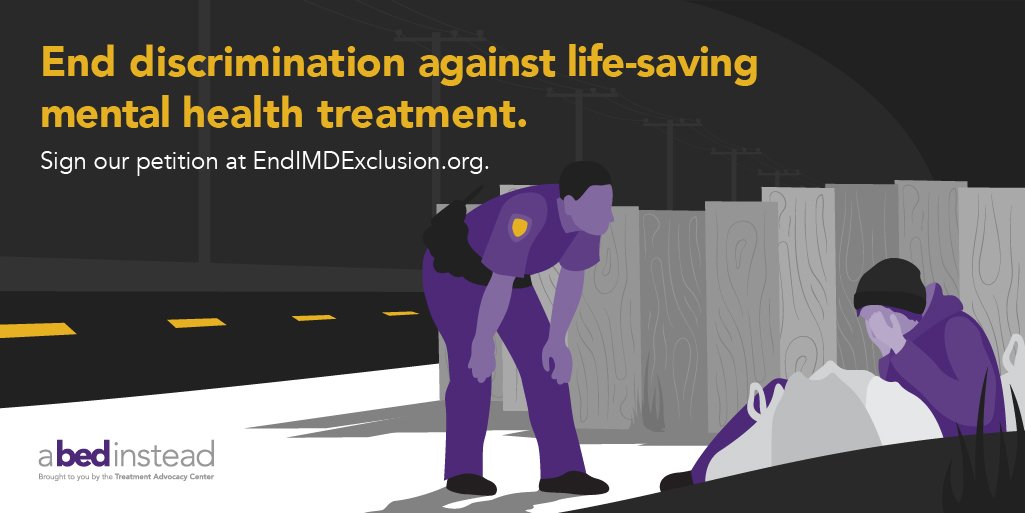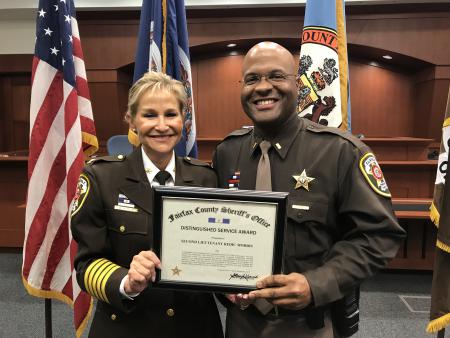(2-10-18) While I dislike simply reprinting articles, this Washington Post article is worth posting. Once again, scientists have found evidence that mental illnesses are brain disorders with a genetic link that also is impacted by the environment. Major mental illnesses are not a “social construct,” as many anti-psychiatry groups have argued for years. No surprise to any of us who have a loved one with a serious mental illness.
Five major psychiatric diseases have overlapping patterns of genetic activity, new study show
Certain patterns of genetic activity appear to be common among five distinct psychiatric disorders — autism, schizophrenia, bipolar disorder, depression and alcoholism — according to a new study. The paper, appearing in the journal Science, was released Thursday.
Scientists analyzed data from 700 human brains, all donated either from patients who suffered one of these major psychiatric disorders or from people who had not been diagnosed with mental illness. The scientists found similar levels of particular molecules in the brains of people with autism, schizophrenia and bipolar disorder; other commonalities between bipolar and major depression; and other matches between major depression and alcoholism.





 Inmates are typically held in 80-square-foot cells for 23 hours a day, seven days a week. They are supposed to receive one hour a day of recreation five times a week, but those exercises are done inside a 96-square-foot, fenced area – basically a large cage. Inmates eat alone in their cells and, by design, have little, if any, interaction with others.
Inmates are typically held in 80-square-foot cells for 23 hours a day, seven days a week. They are supposed to receive one hour a day of recreation five times a week, but those exercises are done inside a 96-square-foot, fenced area – basically a large cage. Inmates eat alone in their cells and, by design, have little, if any, interaction with others.



